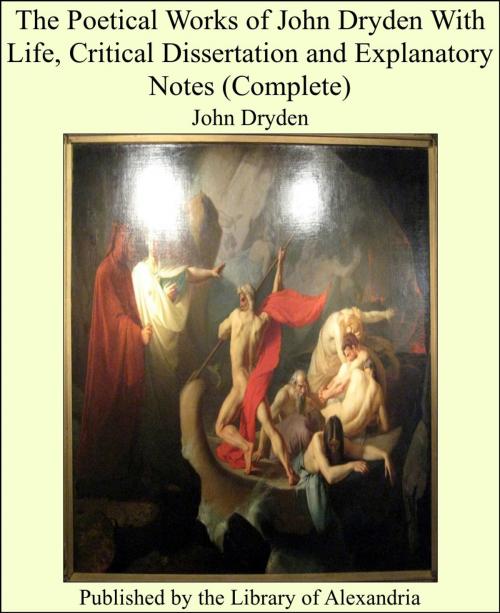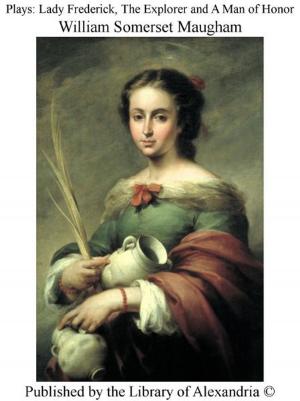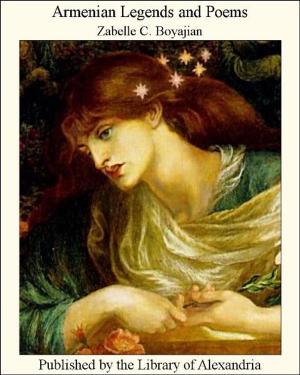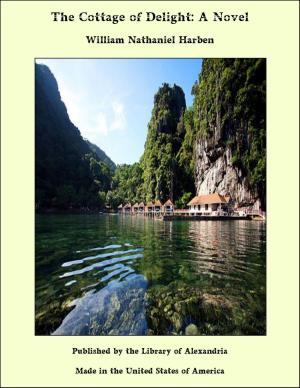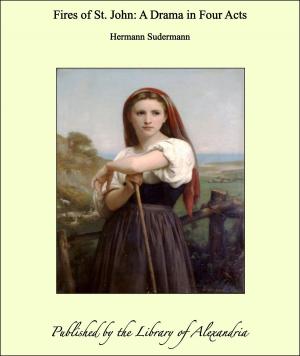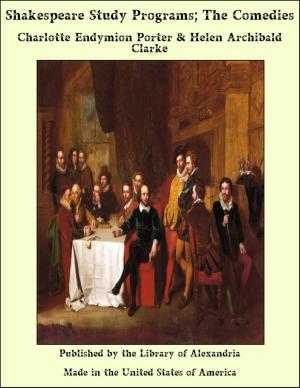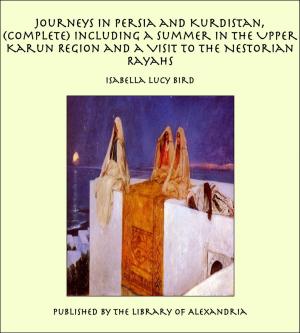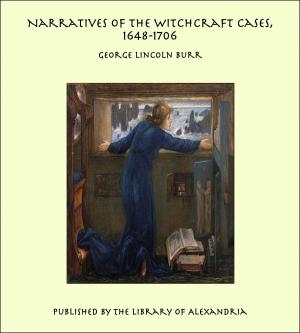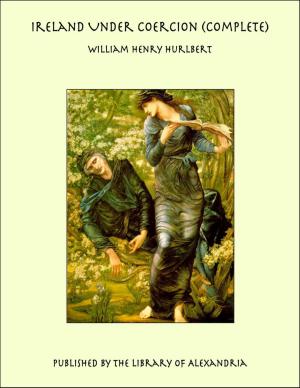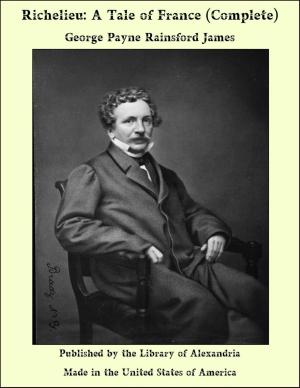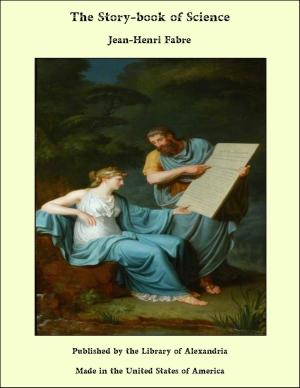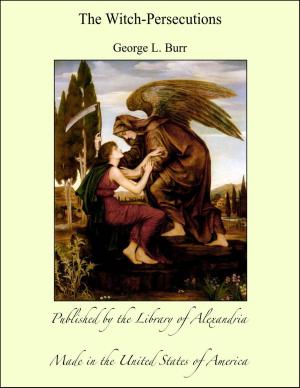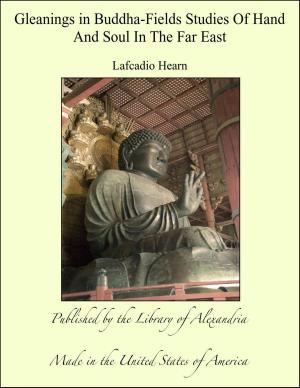The Poetical Works of John Dryden With Life, Critical Dissertation and Explanatory Notes (Complete)
Nonfiction, Religion & Spirituality, New Age, History, Fiction & Literature| Author: | John Dryden | ISBN: | 9781465528902 |
| Publisher: | Library of Alexandria | Publication: | March 8, 2015 |
| Imprint: | Language: | English |
| Author: | John Dryden |
| ISBN: | 9781465528902 |
| Publisher: | Library of Alexandria |
| Publication: | March 8, 2015 |
| Imprint: | |
| Language: | English |
The poet was the eldest of fourteen children—four sons and ten daughters. The honour of his birth is claimed, as already stated, by two parishes, that of Oldwincle, All Saints, and that of Oldwincle, St Peter's, as Homer's was of old by seven cities. His brothers and sisters have been followed, by eager biographers, into their diverging and deepening paths of obscurity—paths in which we do not choose to attend them. Dryden received the rudiments of his education at Tichmarsh or at Oundle—for here, too, we have conflicting statements. It is certain, however, that he was admitted a king's scholar at Westminster, under the tuition of Dr Busby, whom he always respected, and who discovered in him poetical power. He encouraged him to write, as a Thursday's night's task, a translation of the third Satire of Persius, a writer precisely of that vigorously rhetorical, rapidly satirical, and semi-poetical school, which Dryden was qualified to appreciate and to mirror; besides Other pieces of a similar kind which are lost. During the last year of his residence at Westminster, and when only eighteen years of age, he wrote one among the ninety-eight elegies which were called forth by the sudden death of Henry Lord Hastings, and published under the title of "Lachrymæ Musarum." Hastings seems to have been an amiable person, but he was besides a lord, and hinc illoe lachrymæ. We know not of what quality the Other tears were, but assuredly Dryden's is one of very suspicious sincerity, and of very little poetical merit. But even the crocodile tears of a great genius, if they fall into a fanciful shape, must be preserved; and we have preserved his, accordingly, notwithstanding the false taste as well as doubtful truth and honesty of this his earliest poem. Shortly after, Dryden obtained a Westminster scholarship, and on the 11th of May 1650, entered on Trinity College, Cambridge. His tutor was one John Templer, famous then as one of the many who had attempted to put a hook in the jaws of old Hobbes, the Leviathan of his time, but whose reply, as well as Hobbes' own book (like a whale disappearing from a Shetland "voe" into the deep, with all the hooks and harpoons of his enemies along with him) has been almost entirely forgotten. At Cambridge, Dryden was noted for regularity and diligence, and took the degree of B.A. in January 1653-4, and in 1657 was made A.M. by a dispensation from the Archbishop of Canterbury. Once, indeed, he was rusticated for a fortnight on account of some disobedience to the vice-master. He resided, however, at his university three years after the usual term; and although he did not become a Fellow, and made no secret, in after days, of preferring Oxford to Cambridge, yet the reason of this seems to have lain, not in any personal disgust, but in some Other cause, which, says Scott, "we may now search for in vain
The poet was the eldest of fourteen children—four sons and ten daughters. The honour of his birth is claimed, as already stated, by two parishes, that of Oldwincle, All Saints, and that of Oldwincle, St Peter's, as Homer's was of old by seven cities. His brothers and sisters have been followed, by eager biographers, into their diverging and deepening paths of obscurity—paths in which we do not choose to attend them. Dryden received the rudiments of his education at Tichmarsh or at Oundle—for here, too, we have conflicting statements. It is certain, however, that he was admitted a king's scholar at Westminster, under the tuition of Dr Busby, whom he always respected, and who discovered in him poetical power. He encouraged him to write, as a Thursday's night's task, a translation of the third Satire of Persius, a writer precisely of that vigorously rhetorical, rapidly satirical, and semi-poetical school, which Dryden was qualified to appreciate and to mirror; besides Other pieces of a similar kind which are lost. During the last year of his residence at Westminster, and when only eighteen years of age, he wrote one among the ninety-eight elegies which were called forth by the sudden death of Henry Lord Hastings, and published under the title of "Lachrymæ Musarum." Hastings seems to have been an amiable person, but he was besides a lord, and hinc illoe lachrymæ. We know not of what quality the Other tears were, but assuredly Dryden's is one of very suspicious sincerity, and of very little poetical merit. But even the crocodile tears of a great genius, if they fall into a fanciful shape, must be preserved; and we have preserved his, accordingly, notwithstanding the false taste as well as doubtful truth and honesty of this his earliest poem. Shortly after, Dryden obtained a Westminster scholarship, and on the 11th of May 1650, entered on Trinity College, Cambridge. His tutor was one John Templer, famous then as one of the many who had attempted to put a hook in the jaws of old Hobbes, the Leviathan of his time, but whose reply, as well as Hobbes' own book (like a whale disappearing from a Shetland "voe" into the deep, with all the hooks and harpoons of his enemies along with him) has been almost entirely forgotten. At Cambridge, Dryden was noted for regularity and diligence, and took the degree of B.A. in January 1653-4, and in 1657 was made A.M. by a dispensation from the Archbishop of Canterbury. Once, indeed, he was rusticated for a fortnight on account of some disobedience to the vice-master. He resided, however, at his university three years after the usual term; and although he did not become a Fellow, and made no secret, in after days, of preferring Oxford to Cambridge, yet the reason of this seems to have lain, not in any personal disgust, but in some Other cause, which, says Scott, "we may now search for in vain
